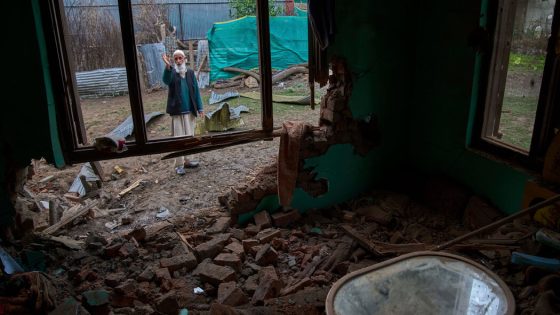In recent developments, Pakistan’s military strategy is under scrutiny as the country faces challenges in breaching India‘s air defense. Following a series of failed attempts, concerns are rising that Pakistan army chief General Asim Munir may resort to orchestrating terror attacks inside India. Reports indicate that Munir, who was previously linked to the 2019 Pulwama attack, could leverage terror proxies to escalate tensions.
- Pakistan's air defense breaches have failed.
- General Asim Munir may order terror attacks.
- Senior Pakistan army at terrorist funerals.
- Shift from non-state actors acknowledged.
- Increased risk of fresh terrorist attacks.
- India successfully thwarted attacks for years.
On May 6-7, 2025, India successfully neutralized attempts to breach its defenses, prompting fears that Pakistan may revert to its default strategy of using terrorism as a weapon. The presence of senior Pakistani military officials at the funerals of terrorists killed in these strikes signals a troubling shift in their approach. Could this indicate a desperate move to maintain influence over jihadist groups?
This situation raises critical questions about the future of regional stability. As India ramps up its defenses, the risk of retaliatory strikes from Pakistan’s terror proxies increases. Key points to consider include:
- The potential for heightened terrorist activity in response to military failures.
- The implications for India’s security strategy and counter-terrorism measures.
- The international community’s role in addressing these escalating tensions.
As the situation unfolds, it is crucial for global leaders to engage in dialogue and preventive measures to avert further escalation. Will diplomatic efforts be enough to quell the rising tide of violence?

































